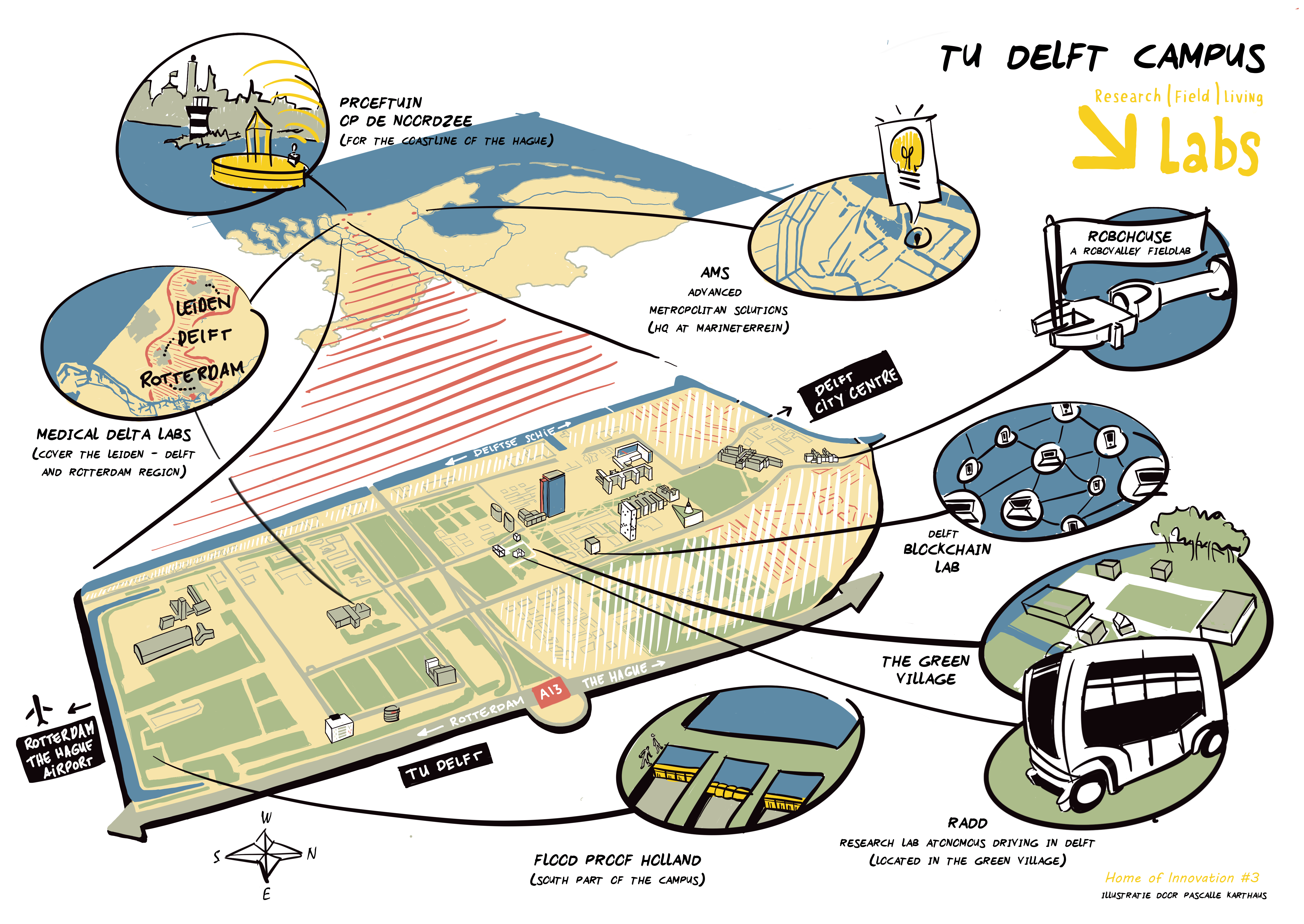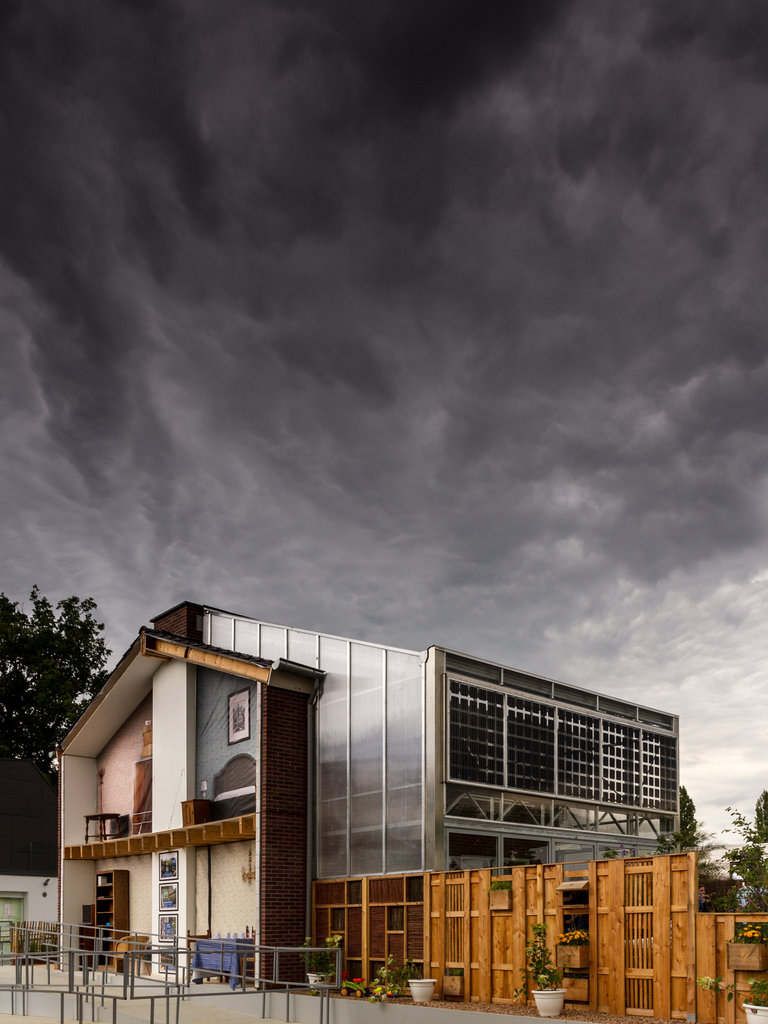
The Green Village
Accelerating innovation for a sustainable future
Text: Jurjen Slump
The Green Village is a living lab for sustainable innovations in home, work and living environments. Located at the centre of the TU Delft campus, this test site offers opportunities for entrepreneurs and researchers to develop, test and demonstrate their experimental projects in close collaboration with government bodies and the public.
The Green Village was set up because TU Delft needed a more effective manner of testing and validating ideas, projects and research originating from faculty research labs. A special feature of this spatial platform is that it is a ‘rule-free’ zone. This means that various types of rules as well as the Buildings Decree (Bouwbesluit) are, so to speak,‘switched off’ here, thus creating more opportunities for testing innovations. This practical approach will enable parties to validate their innovation and work, scaling them up from idea to practice. The special thing about The Green Village is that it is truly a ‘living lab’ because there are people who actually work and live here. The Green Village currently has five official residents who, along with the people working there, take part in various experiments.
Collaboration and co-creation
Besides the physical and data platform, The Green Village also offers a platform as a collaboration network. Various parties are involved in the collaborative efforts around The Green Village, including the central government, Province of South Holland, Delfland Water Authority, Municipality of Delft, NEN and other market parties. Through the Green Deal The Green Village, these parties help to identify bottlenecks that stand in the way of more structural solutions. Here, integrated efforts are being made to develop innovations based on four perspectives, i.e. Technology & Systems, Business Model, Societal Embracement and Legislation & Regulation.
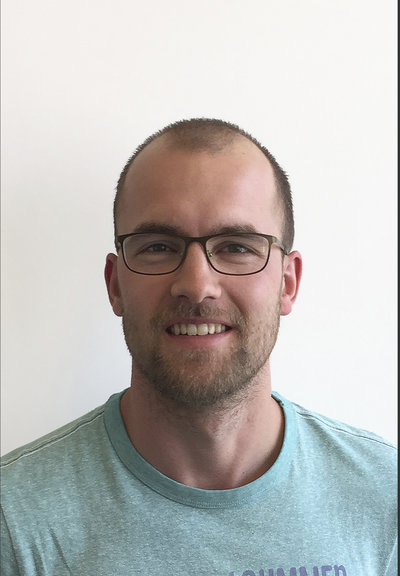
This is how things work in practice! It may be unplanned, but it provides valuable information for testing, demonstrating and validating
ROBERT VAN LEEUWEN, Project Manager, Energy
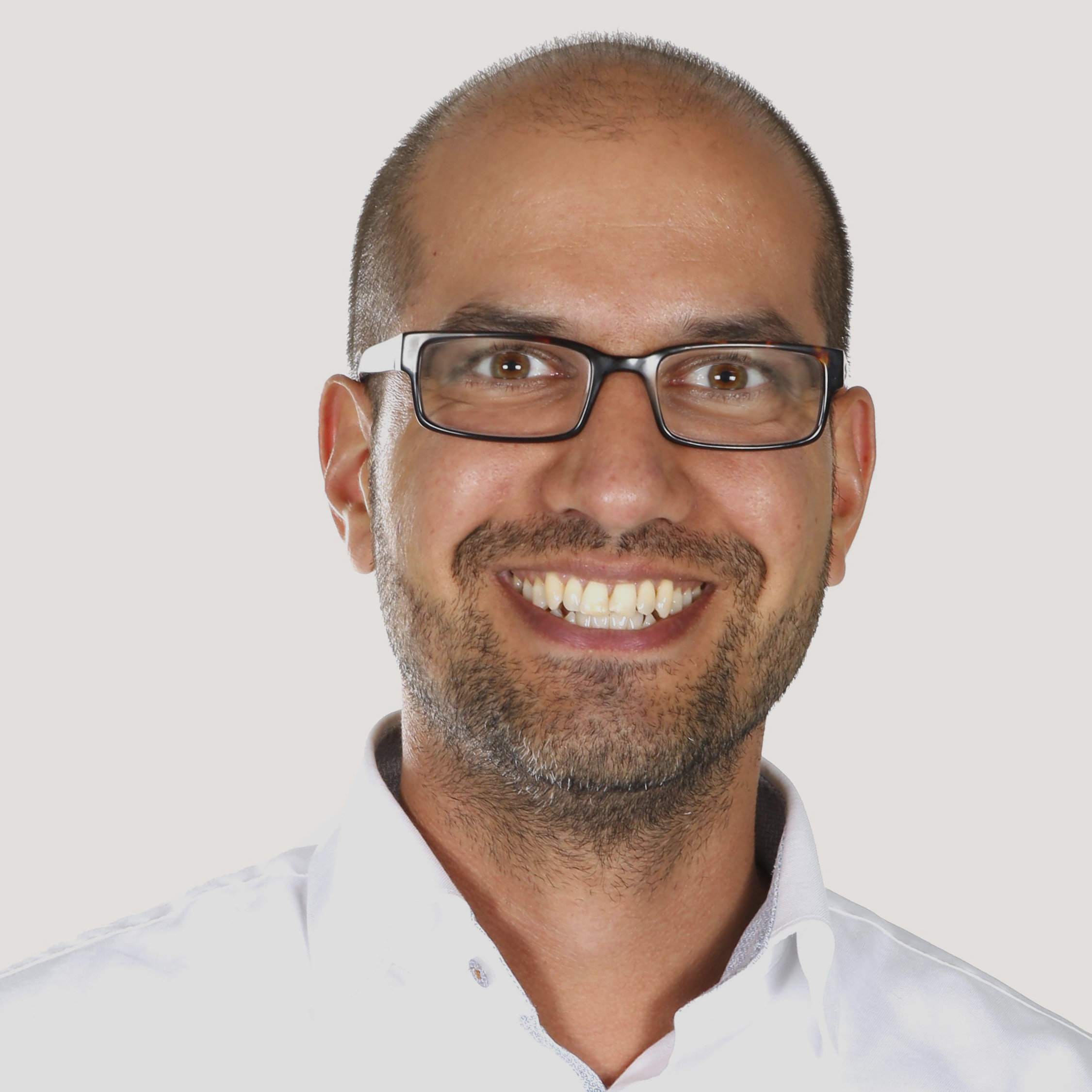
Even coincidences, such as a lorry happening to be driving past, proved to be a good test for one of the WaterStraat projects
SERGE SANTOO, Manager, Marketing & Co-creation
Projects
At The Green Village, you will find a clustering of projects. These projects focus on circularity, water, energy, buildings, intelligent outdoor spaces, and smart mobility. The Green Village team assists parties, providing support during the preparation, implementation and testing phases of their innovation projects in the field. These innovation parties are very diverse, ranging from researchers from different knowledge institutions such as TU Delft, Rotterdam University of Applied Sciences and The Hague University of Applied Sciences, to start-ups and corporates.
A number of projects carried out at The Green Village are also highlighted within Home of Innovation, such as the Researchlab Automated Driving Delft and 'De WaterStraat '.
More on the Green Village can be found on thegreenvillage.org
Projects
Direct Current Office
The DC Office project is aimed at creating a brand new energy grid. The current Alternate Current (AC) network is inefficient. Because of the use of rectifiers and inverters (converting DC/AC and AC/DC) energy is lost. Besides that a lot of material (copper) is needed for every conversion. The use of Direct Current (DC) in buildings creates the possibility to increase the energy efficiency of distribution systems and applications while also reducing the amount of materials needed. By first combining AC and DC hybridly loss of energy will be reduced. The ultimate goal will be full direct current.
The companies Rexel and Engie started the “DC Office” research at The Green Village to test the concept of the AC/DC mix and thus prevent energy loss. By including solar panels in this test, even greater savings could be realised. This could mean the creation of a brand new energy grid. ‘This is how things work in practice! It may be unplanned, but it provides valuable information for testing, demonstrating and validating’
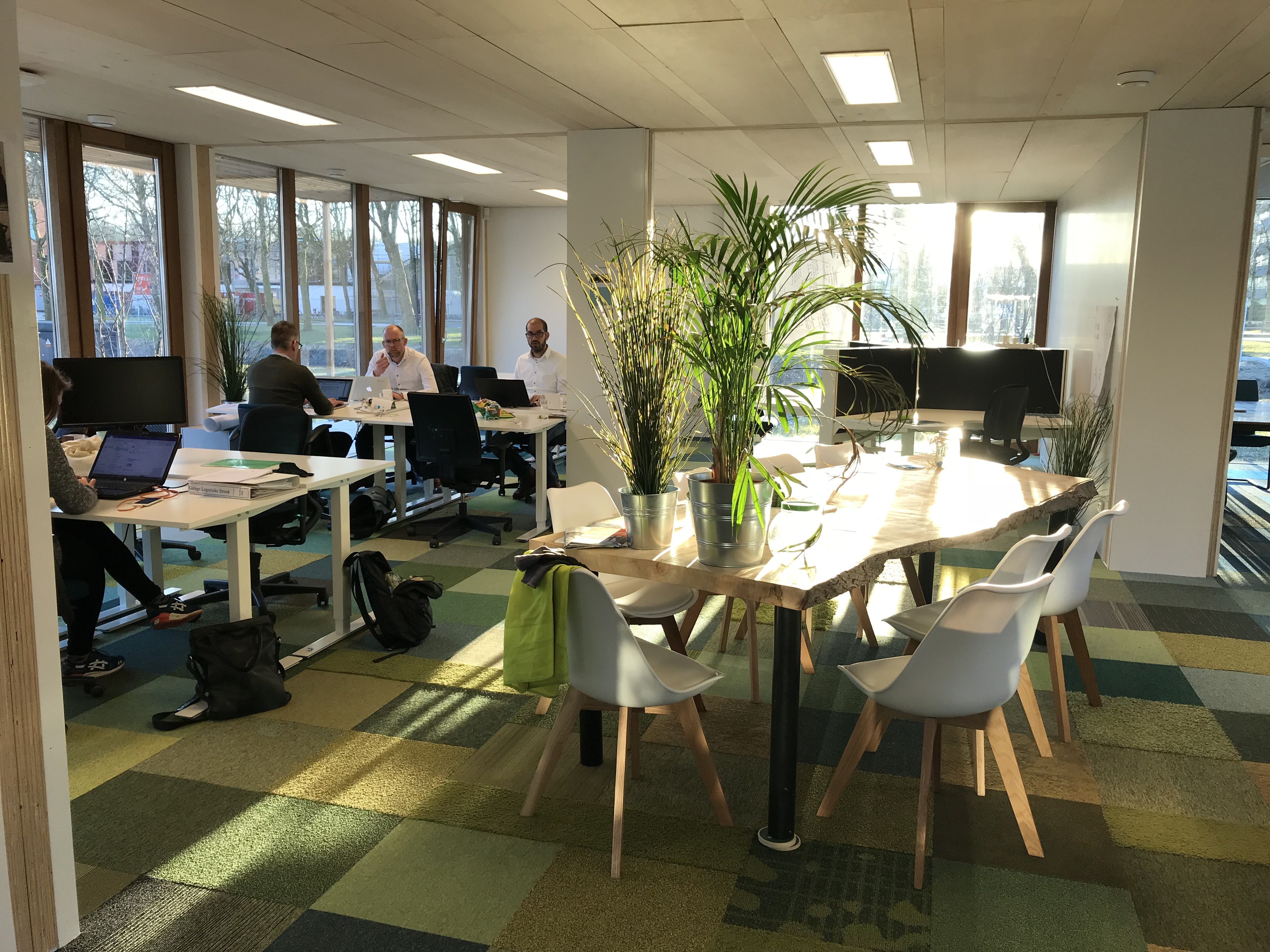
Prêt-à-Loger
A particularly striking project is Prêt-à-Loger, where a common terraced house has been made energy-neutral and is currently occupied by one of the students. Its unique design - created by students - forms a ‘second skin’ around the house, consisting of improved insulation, a green roof and a smart extension for solar panels. What makes this concept unique is its focus on the existing housing stock rather than on new construction. This existing stock is one of the biggest challenges in terms of energy savings. The concept can subsequently be applied to the 1.4 million terraced houses in the Netherlands and therefore offers a potential solution to an ever-growing problem.
Circular Garage
The Circular Garage Box is a study of ‘circular’ construction: by recycling materials from an old garage on the TU Delft campus that is being demolished to make room for new buildings. The objective of the project is to find out how feasible this is. For example, can all the materials - including the foundation - be reused and how does this play out in practice? And how sustainable is circular construction compared to other alternatives? As part of this project, all the materials will be identified and labelled, and the entire process will be monitored. This will clearly show the advantages of breaking down and rebuilding buildings and the lessons to be learned from this.
